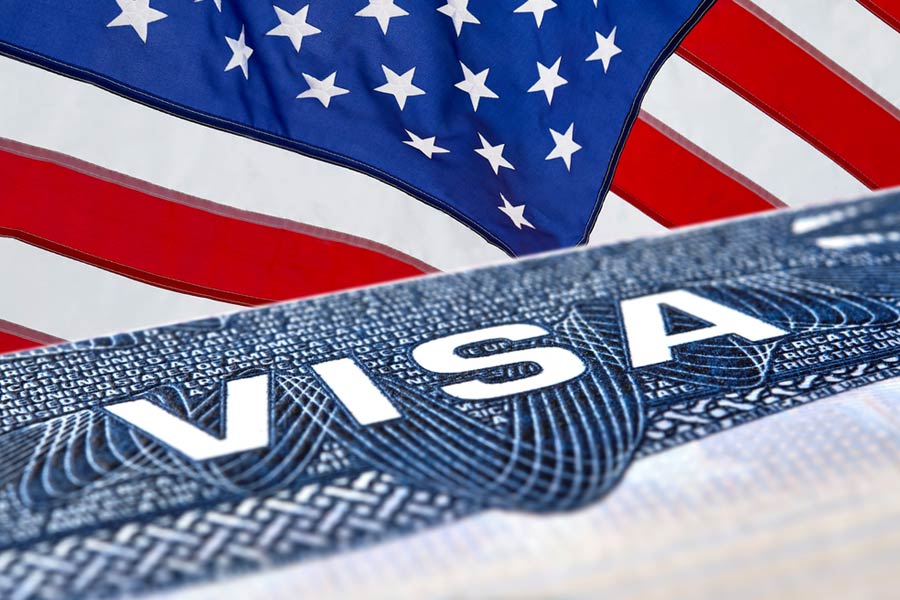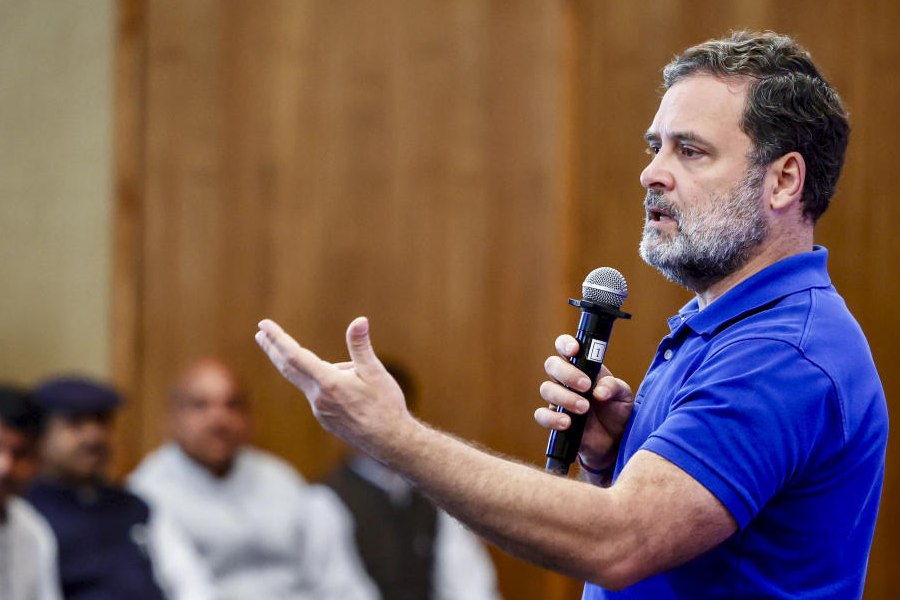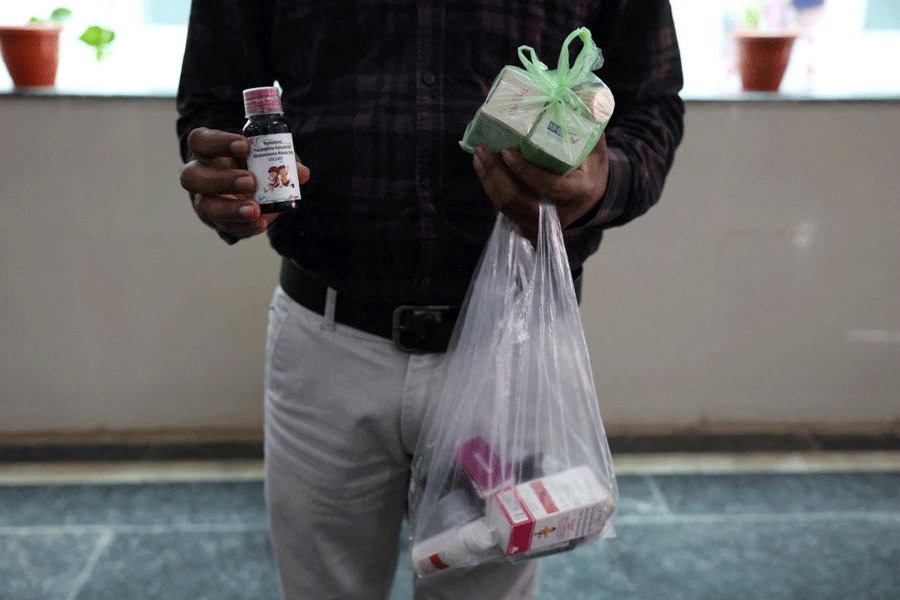The Trump administration has reportedly directed American consular offices around the world to reject visa applications from individuals seeking to enter and live in the US with certain medical conditions that could make them dependent on public assistance, according to a report by KFF Health News.
A report by KFF Health News said foreigners applying for visas to reside in the US “might be rejected if they have certain medical conditions.”
The report cited a cable issued by the State Department to embassy and consular officials outlining new guidance.
“You must consider an applicant’s health… Certain medical conditions – including, but not limited to, cardiovascular diseases, respiratory diseases, cancers, diabetes, metabolic diseases, neurological diseases, and mental health conditions – can require hundreds of thousands of dollars’ worth of care,” the cable stated, according to KFF.
The guidance also instructed officers to consider factors such as obesity, noting that the condition can cause asthma, sleep apnoea, and high blood pressure.
Visa officers have been asked to assess whether an immigrant could become a public charge and “require expensive, long-term care.”
According to the report, the directive calls on “visa officers to deem applicants ineligible to enter the US for several new reasons, including age or the likelihood they might rely on public benefits.”
“The guidance says that such people could become a ‘public charge’ — a potential drain on US resources — because of their health issues or age,” KFF Health News reported.
The cable also instructs visa officers to evaluate whether applicants are financially capable of paying for their own medical treatment without depending on government support.
“Does the applicant have adequate financial resources to cover the costs of such care over his entire expected lifespan without seeking public cash assistance or long-term institutionalisation at government expense?” the cable reads.
Officers are further directed to assess the health of applicants’ family members. “Do any of the dependents have disabilities, chronic medical conditions or other special needs and require care such that the applicant cannot maintain employment?” the cable said, according to the report.
The new guidance comes as part of the Trump administration’s broader immigration crackdown. KFF noted that the guidelines make an applicant’s health a key factor in the visa process.
Charles Wheeler, senior attorney for the Catholic Legal Immigration Network, described the guidance as “troubling,” saying that visa officers lack the medical expertise to predict how a person’s condition might progress or whether it would make them dependent on public resources.
While the rules apply broadly, Wheeler said they are likely to be enforced primarily in cases involving applicants seeking permanent residency.
Immigration lawyer Sophia Genovese of Georgetown University said the language of the directive encourages both visa officers and medical examiners to speculate on the cost of applicants’ medical care and their employability in the US.
“Taking into consideration one’s diabetic history or heart health history — that’s quite expansive,” Genovese said.
“There is a degree of this assessment already, just not quite expansive as opining over, ‘What if someone goes into diabetic shock?’ If this change is going to happen immediately, that’s obviously going to cause a myriad of issues when people are going into their consular interviews.”










